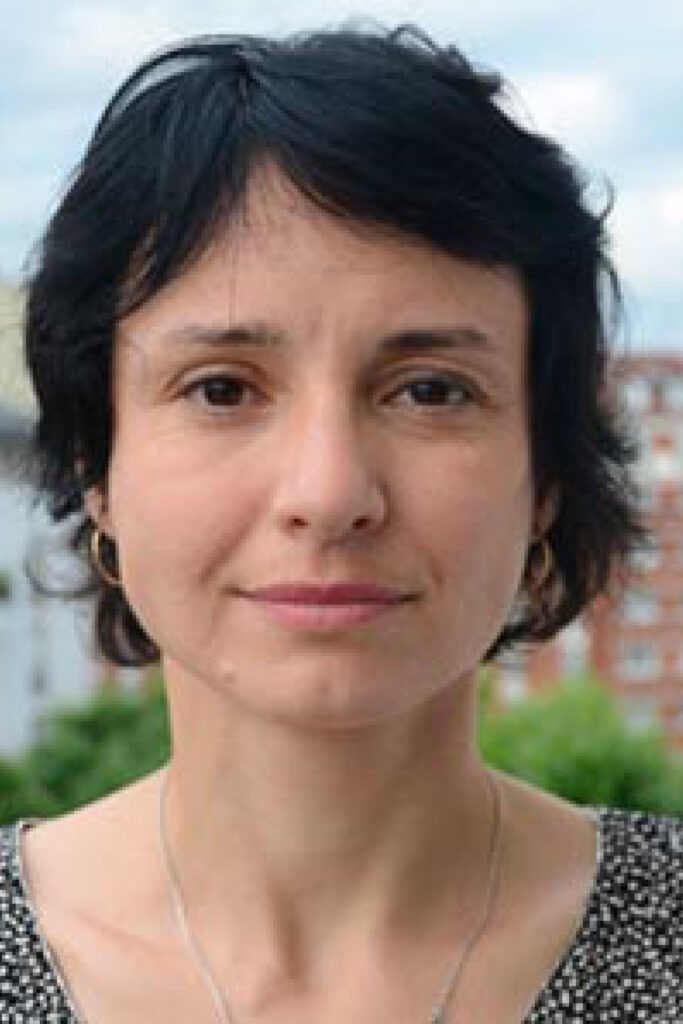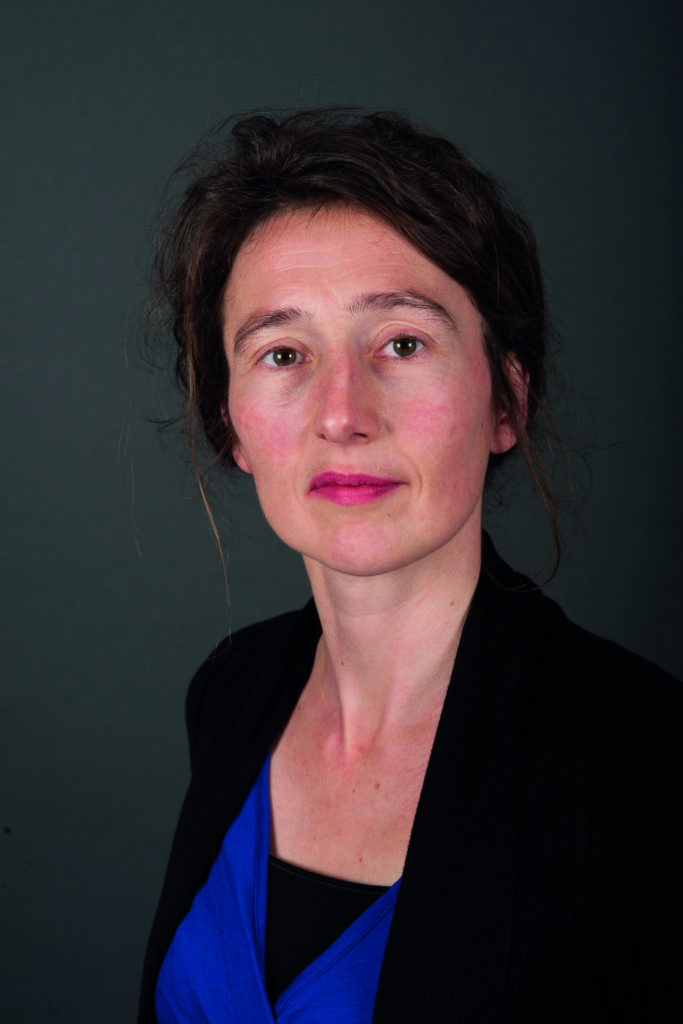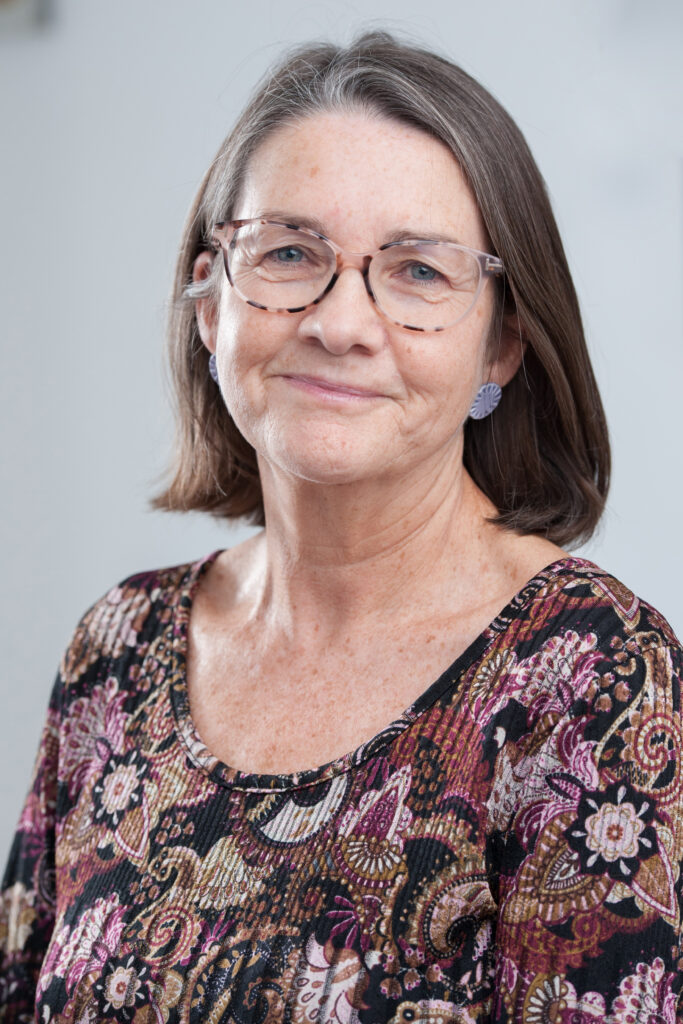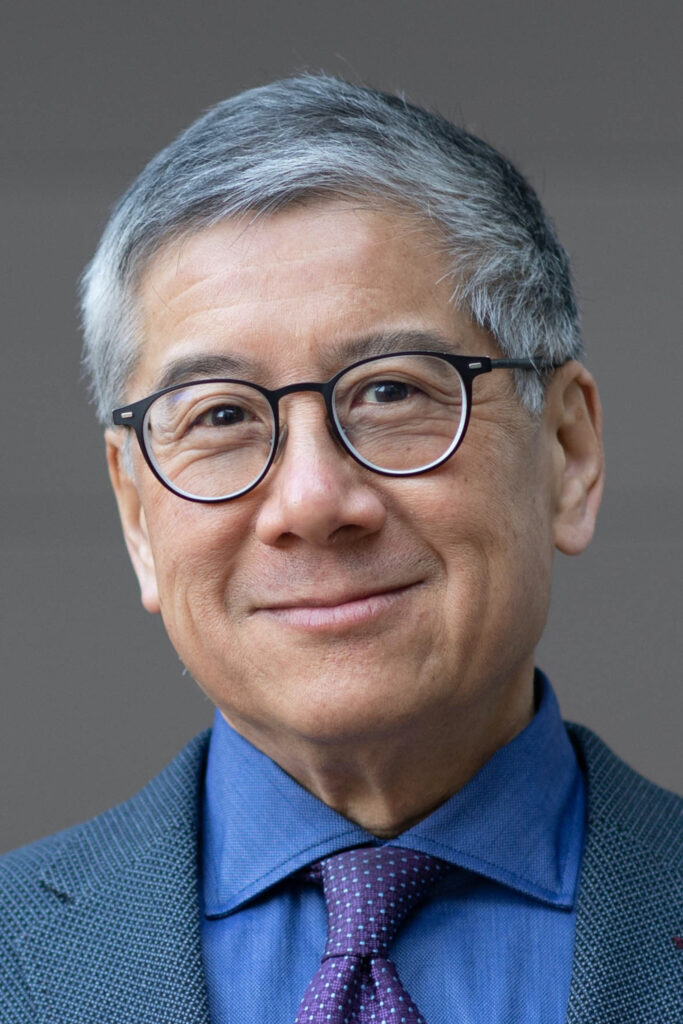Keynote presentation
KEYNOTE PRESENTATIONS
5 December, 2022 – 9:30 > 10:15 a.m
E-Cigarettes: Key Policy and Research Questions

Mitch Zeller, J.D, Retired Director, U.S. Food and Drug Administration, Center for Tobacco Products
Mitch Zeller, J.D., was the director of the FDA’s Center for Tobacco Products from March 2013 through April 2022. The mission of CTP—established by enactment of the 2009 Family Smoking Prevention and Tobacco Control Act—is “to make tobacco-related death and disease part of America’s past, not America’s future, and, by doing so, ensure a healthier life for every American family.” As Center Director, Zeller led FDA’s efforts to use the tools of product regulation to reduce disease and death from tobacco use and bring previously unavailable information about its dangers to light.
Zeller, a graduate of Dartmouth College and the American University Washington College of Law, worked on FDA issues from 1982 until his retirement in 2022. He began his career as a public interest attorney in 1982 at the Center for Science in the Public Interest (CSPI). In 1988, Zeller left CSPI to become counsel to the Human Resources and Intergovernmental Relations Subcommittee of the House of Representatives Government Operations Committee where he conducted oversight of enforcement of federal health and safety laws.
In 1993, Zeller joined the staff of then-FDA Commissioner Dr. David Kessler, M.D. What began as a two-week assignment by Kessler in 1994 to examine the practices of the tobacco industry led to his serving as associate commissioner and director of FDA’s first Office of Tobacco Programs. Instrumental in crafting the agency’s 1996 tobacco regulations, Zeller also represented FDA before Congress, federal and state agencies. Zeller also served as an official U.S. delegate to the World Health Organization (WHO) Working Group for the Framework Convention on Tobacco Control.
In 2000, Zeller left FDA to continue his work for tobacco control as executive vice president of the American Legacy Foundation. His responsibilities there included marketing, communications, strategic partnerships, and creating the foundation’s first Office of Policy and Government Relations. In 2002, Zeller joined Pinney Associates where, as senior vice president, he provided strategic planning and communications advice on domestic and global public health policy issues involving the treatment of tobacco dependence and the regulation of tobacco products and pharmaceuticals. He left Pinney Associates in 2013 upon his return to FDA as Center Director.
5 December, 2022 – 2:00 > 2:45 p.m
E-cigarette and tobacco use: friend or foe?

Maria Melchior, Research director, French National Institute of Health and Medical Research (INSERM)
Maria Melchior is Research Director at the French National Institute of Health and Medical Research (INSERM) (ScD in Social Epidemiology at Harvard University). Her research focuses on social inequalities in mental health, with a particular emphasis on developmental trajectories from childhood to adulthood and the intergenerational transmission of psychiatric disorders.
Most projects have relied on data collected in longitudinal cohort studies of children set up in France (EDEN, ELFE, TEMPO) or other countries (Dunedin study set in New Zealand, ELDEQ in Canada). Maria Melchior received the Research Prize of the European Psychiatric Association (2012) and the Early Career Award of the International Society of Behavioral Medicine (2004).
She is the author or co-author of over one hundred publications in international peer-reviewed journals. Since 2018, she’s head of the Department of Health at the Convergences Institute on Migrations in Paris.
5 December, 2022 – 4:15 > 5:00 p.m
Flavours and flavourings in e-cigarettes: prevalence, perception and regulation

Reinskje Talhout, Senior scientific, National Institute for Public Health and the Environment (RIVM)
Reinskje Talhout (PhD in physical-organic chemistry, MSc in philosophy of science) is a senior scientific advisor involved in tobacco product regulatory science at the National Institute for Public Health and the Environment (RIVM) in Bilthoven, the Netherlands. She is the head of the WHO Collaborating Centre for Tobacco Product Regulation and Control at the RIVM. As a policy advisor for tobacco product regulation, she provides advice to the national government, to the EU, and to WHO, and she is spokesperson to the media on tobacco products.
Her research comprises the attractive, addictive and toxic properties of tobacco and related products (such as e-cigarettes and heated tobacco products). Areas of interest include chemistry, behavioral studies, sensory science, risk communication and risk assessment. The RIVM tobacco research group specializes in the assessment of health effects in a broad sense of new tobacco products, with a focus on flavour and product appeal.
The tobacco research group and laboratory within RIVM has a long-standing history of excellence in tobacco contents and emissions by chemical analyses. Product use is studied using analytical and hedonic sensory methods (with the University of Wageningen), behavioral studies including reasons for use and risk perception, mode of use and biomarkers of exposure/effect (with the University of Maastricht).
Risk assessment is carried out based on user data and product composition, toxicity and addiction tests. Dr. Talhout contributed to various collaborative European projects in the field of tobacco control, is member of the Steering Committee of the Global Tobacco Regulators Forum, and the steering committee of WHO Tobacco Laboratory Network. She is associate Editor of Tobacco Induced Diseases.
6 December, 2022 – 9:15 > 10:00 a.m
Vaping and the vulnerable

Ann Mcneil, Professor of Tobacco Addiction, King’s College London
Ann McNeill is Professor of Tobacco Addiction and leads the Nicotine Research Group in the National Addiction Centre, Institute of Psychiatry, Psychology & Neuroscience (IoPPN), King’s College London.
The focus of Ann’s research is largely on reducing the population level impact of smoking through the application of tobacco control policies and interventions, including harm reduction strategies.
Ann has a particular focus on reducing the health inequalities caused by smoking, including the higher levels of smoking in disadvantaged groups such as those with mental health problems. Ann is lead author of six E-Cigarette Evidence Updates in England commissioned by Public Health England/the Office of Health Improvement and Disparities, Department of Health, England since 2015.
6 December, 2022 – 10:00 > 10:45 a.m
The ITC Nicotine Product Conceptual Model: A Framework for Understanding Transitions Among Cigarettes, E-Cigarettes, and Other Nicotine Products and the Impact of Policies on Those Transitions

Dr. Geoffrey T. Fong,OC, PhD, FRSC, FCAHS is Professor of Psychology and Public Health Sciences at the University of Waterloo, and Senior Investigator at the Ontario Institute for Cancer Research
Dr. Geoffrey T. Fong, OC, PhD, FRSC, FCAHS is Professor of Psychology and Public Health Sciences at the University of Waterloo, and Senior Investigator at the Ontario Institute for Cancer Research. Dr. Fong is the Founder and Principal Investigator of the International Tobacco Control Policy Evaluation (ITC) Project, a consortium of 150 researchers across 31 countries, covering over half of the world’s population and over two-thirds of the world’s tobacco users. A major objective of the ITC Project is to evaluate the impact of tobacco control policies of the WHO Framework Convention on Tobacco Control (FCTC). Dr. Fong has published over 480 research articles and given over 250 invited talks. Since 2015, Dr. Fong has been selected for the Clarivate Analytics List of Highly Cited Researchers.
Dr. Fong has contributed to many landmark reports, including those of the International Agency for Research on Cancer, US Surgeon General, WHO, US National Academy of Sciences, and UK Royal College of Physicians. He was one of the three Scientific Editors of the 2016 WHO/US National Cancer Institute Monograph, The Economics of Tobacco and Tobacco Control. Dr. Fong was a member and Technical Coordinator of the WHO FCTC Impact Assessment Expert Group, which conducted the official evaluation of the FCTC in its first decade. Dr. Fong has served as an expert consultant for WHO and for many countries. He served as an expert for Australia and Uruguay in successful defenses of their policies challenged via trade treaties. Dr. Fong has served on key advisory groups including Health Canada’s Vaping Products Scientific Advisory Board, Canada’s Tobacco Endgame Summit, the Expert Group on FCTC Articles 9/10, and WHO Expert Group on COVID-19 and Tobacco Use.
Dr. Fong’s awards include the WHO World No Tobacco Day Award, Luther L. Terry Award for Outstanding Research Contribution, the American Association of Public Opinion Research Policy Impact Award, the Canadian Cancer Research Alliance Award for Distinguished Service in Cancer Research, the Medal of Honour from the Health Research Foundation, the Canadian Cancer Society O. Harold Warwick Prize, and the Governor General’s Innovation Award. Dr. Fong is a Fellow of the Royal Society of Canada and the Canadian Academy of Health Sciences. In December 2021, Dr. Fong was appointed as an Officer of the Order of Canada.
6 December, 2022 – 3:45 > 4:30 p.m
From Lab Bench to Population Impact: Investigating Health Effects of E-cigarettes

Dr. Maciej L. Goniewicz, Professor of Oncology at the Department of Health Behavior, Roswell Park Comprehensive Cancer Center in Buffalo, NY
Dr. Maciej L. Goniewicz is a Professor of Oncology at the Department of Health Behavior, Roswell Park Comprehensive Cancer Center in Buffalo, NY. He earned a Pharm.D. degree (2002) and a Ph.D. in Toxicology and Pharmacology (2007) from the Medical University of Silesia, Poland. He completed his postdoctoral fellowships in Clinical Pharmacology and Tobacco Control at the University of California San Francisco and in Smoking Cessation Treatment in Queen Mary University of London, UK. Dr. Goniewicz’s primary research area is in toxicity of tobacco and cannabis products, nicotine and cannabinoid pharmacology, with a focus on nicotine dependence and smoking cessation. He has research experience in smoking cessation behavioral treatment, pharmacotherapy, and pharmacokinetics in both clinical and community-based settings. Dr. Goniewicz’s current research is focused on new nicotine- and cannabinoid-containing products and alternative forms of tobacco. He examines safety and efficacy of electronic nicotine delivery devices and other vaping products. These studies include the laboratory evaluation of the products, pharmacological and toxicological assessment, surveys among their users, and their potential application in harm reduction and smoking cessation.
